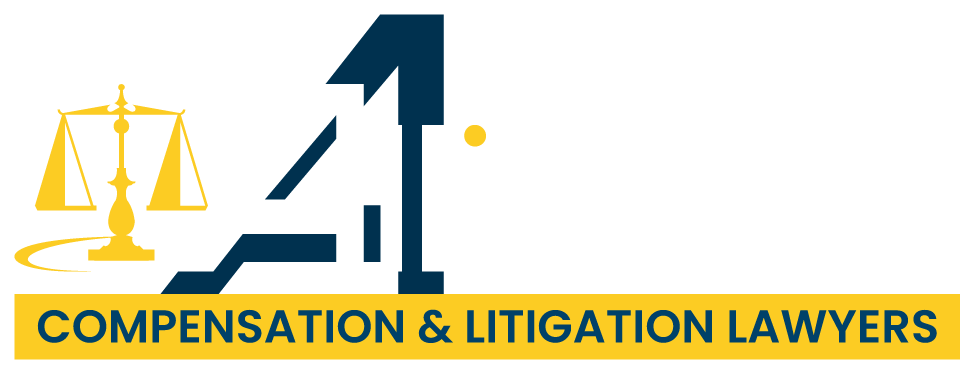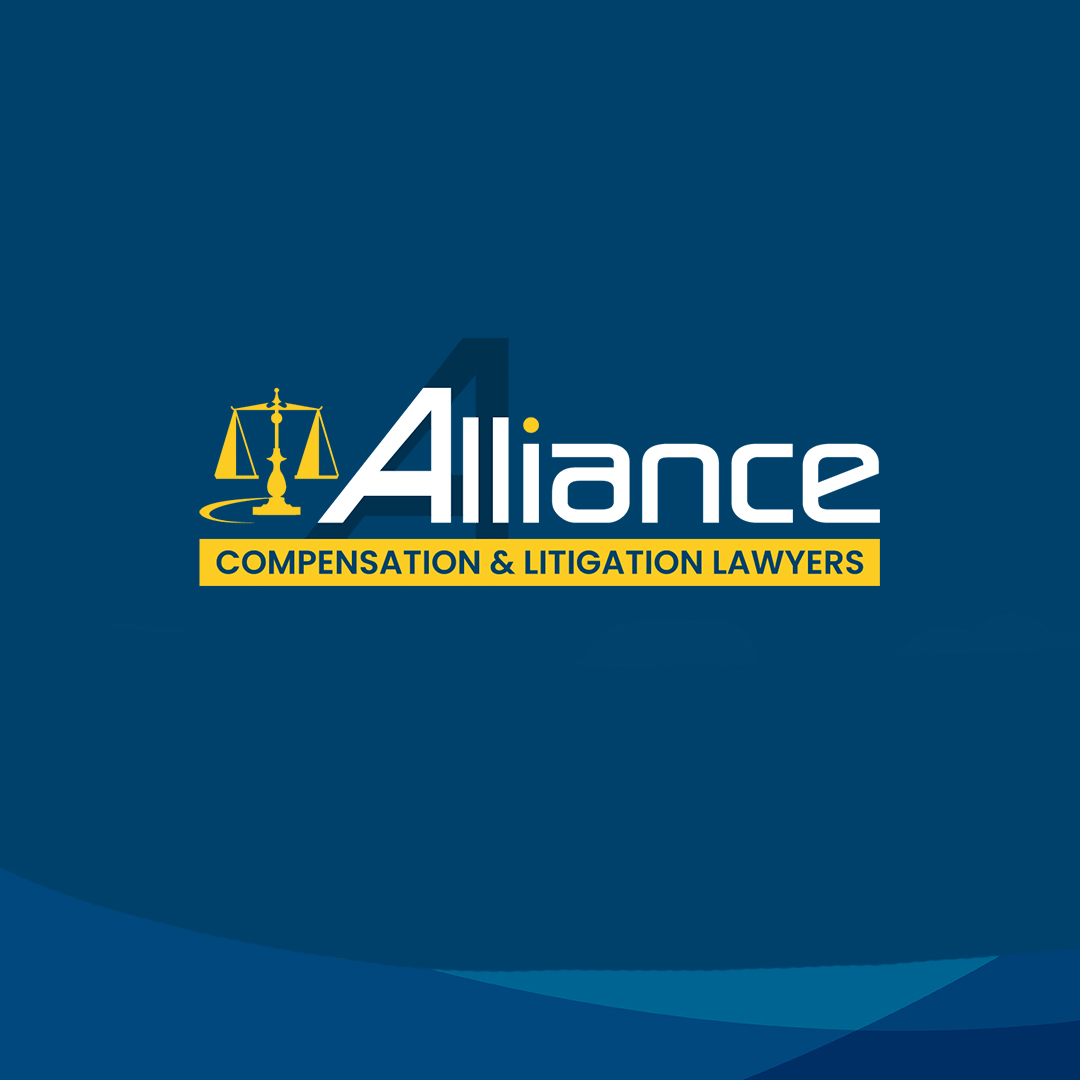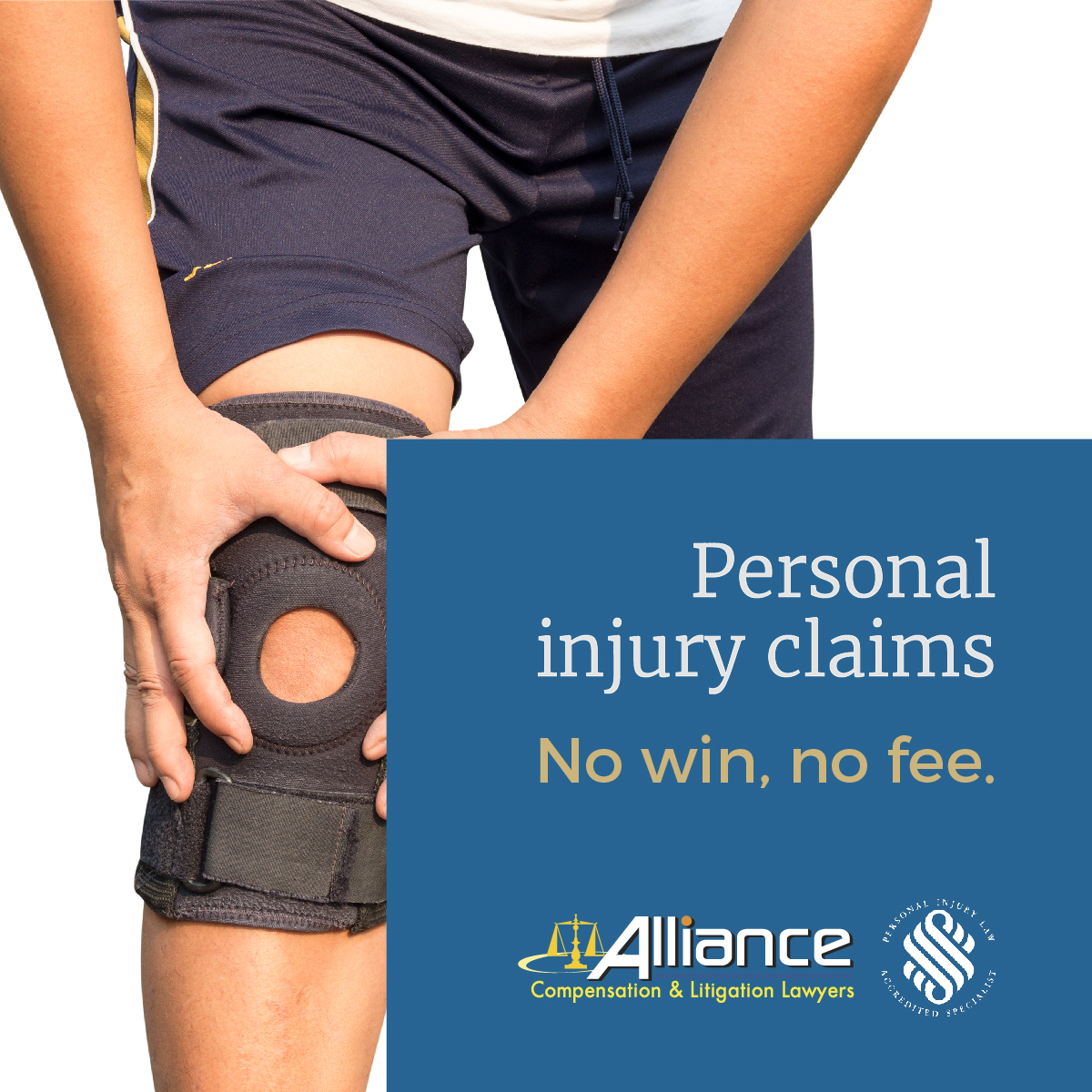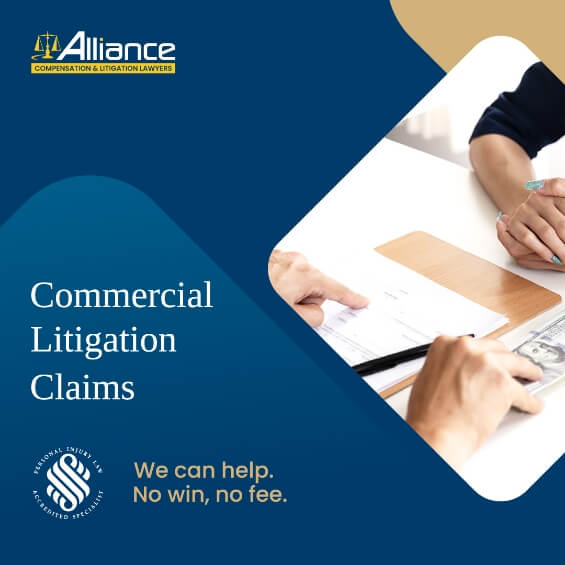Book a free consultation today….
THE INSURER HAS DECLINED MY REQUEST FOR SURGERY, WHAT CAN I DO NOW?
Workers compensation denied? Once your claim is accepted, the workers compensation insurer will attend to the payment of your loss of wages and medical treatment expenses.
Your treating doctors have recommended certain form of treatment that they believe would be of benefit to you.
However, following receipt of the request from your treating doctors, your insurer case manager told you that they are not going to approve or pay for it. Now, what can you do?
Section 78 Notice
It is common for an insurer to simply notify an injured worker over the phone that they are not going to approve for certain treatment requested, such as physiotherapy and surgery. However, this is in breach of the Workers Compensation Legislation.
The Section 78 of the Workplace Injury Management and Workers Compensation Act 1998 dictates that where the insurer is to decline a claim or any aspect of a claim, the insurer must put the reasons in writing and send a written notice to the injured worker making the compensation claim. If only a phone call is received declining any aspect of your claim without sending out a Section 78 notice, this is then in direct contravention to the legislation, call Alliance Compensation & Litigation Lawyers and we will investigate further for you.
The Section 78 of the Workplace Injury Management and Workers Compensation Act 1998 dictates that where the insurer is to decline a claim or any aspect of a claim, the insurer must put the reasons in writing and send a written notice to the injured worker making the compensation claim. If only a phone call is received declining any aspect of your claim without sending out a Section 78 notice, this is then in direct contravention to the legislation, call Alliance Compensation & Litigation Lawyers and we will investigate further for you.
A Section 78 Notice outlines the decision and provides a clear explanation and reasons why liability for certain treatment has been declined. Attached to the notice is all relevant documentary information including medical reports available to the insurer at the time it made its decision.
“Reasonably Necessary” Test
You may be wondering if your claim has been accepted, why has the treatment recommended by your treating doctor who is an appropriately qualified treatment provider been refused. When an insurer receives any request for treatment, they will review it and consider all medical evidence to determine whether the treatment is “reasonably necessary”. If the insurer believes that the medical evidence available before them indicates that the requested treatment is not reasonably necessary, they may refuse it.
The term reasonably necessary is assessed primarily based on whether there is a reasonable prospect that the treatment can bring improvement to the injured worker’s condition. The insurer is required to review the requested treatment on a case-by-case basis and in determining reasonably necessary treatment, the Workers Compensation Guidelines require the insurer to understand the following points:
- reasonably necessary does not mean ‘absolutely necessary’;
- what is determined as reasonably necessary for on worker may not be reasonably necessary fr another worker with a similar injury;
- although evidence may show that a similar outcome can be achieved by an alternative treatment, it does not necessarily mean that the requested treatment is not reasonably necessary.
The insurer is also required to consider five criteria below being a legal test of determining whether proposed treatment is reasonably necessary:
- The appropriateness of the particular treatment;
- The availability of alternative treatment, and its potential effectiveness;
- The cost of the treatment;
- The actual or potential effectiveness of the treatment; and
- The acceptance of the treatment by medical experts as being appropriate and likely to be effective.
It always happens that the insurer relies on a medico-legal report from one of its independent doctors which usually say that the requested surgery is not reasonably necessary as a result of the workplace injury having applied a significantly more demanding test or an incorrect test to dispute your claim.
What can you do?
It is important for you to realise that if you receive a Section 78 Notice it is not the end of the line, and there are certainly options and help. We recommend you contact Alliance to assist at your earliest opportunity. What we do following receipt of a Section 78 Notice is applying to IRO (Independent Review Office) for further funding to dispute the insurer decision on your behalf.
We will obtain your medical records from your various treating doctors and all necessary documents and information from the insurer. We will thoroughly review all the evidence the insurer used to come to their decision and assess if their denial of liability is valid and provide you with advice on your next steps.
If we believe that the insurer has made an error in decision, we will collect additional medical evidence to challenge the decision. We might request reports from your treating doctors to address certain issues in dispute such as whether the treatment is reasonably necessary and will also organise an independent medical examination for you to attend and obtain a medico-legal report from a different independent doctor to further support your claim. A detailed statement will also be prepared from you.
Once all medical and documentary evidence is ready to support your claim, we normally go through the following steps to challenge a Section 78 notice:
- Request a review by the insurer
We lodge an internal review application form to request the insurer to review the decision. Review is to be carried out by someone other than the original decision maker. The insurer must respond to us in writing within 14 days of receiving the request for a review. The insurer will either decide to overturn or modify the original decision or maintain the decision upon completion of review.
- Apply to the Personal Injury Commission to resolve the dispute
If you do not wish to seek a review by the insurer or are not satisfied with the insurer’s review outcome, we can make an application to the Personal Injury Commission to appoint an independent arbitrator to hear and determine the dispute.
Do you need to pay any legal costs?
Under the Workers Compensation Act, an injured worker’s legal costs and disbursements are now paid through the Independent Legal Assistance and Review Service (ILARS) scheme run by IRO. If you seek legal advice and require a lawyer to assist you in a dispute with an insurer, IRO approved lawyers at Alliance can apply to IRO for payment of your legal costs and disbursements. IRO will generally approve payment and we will be paid directly by IRO at the conclusion of your claim.
Responding to a Section 78 notice without any help or advice can be very dauting, particularly when you are dealing with a serious injury.
At Alliance Compensation & Litigation Lawyers, our workers compensation solicitors have overturned many declined claims. Contact our office and speak to one of our experienced lawyers today. Book a free consultation today
Free Consultation
We are here to help you answer your questions on personal injury compensation
Click Here


















